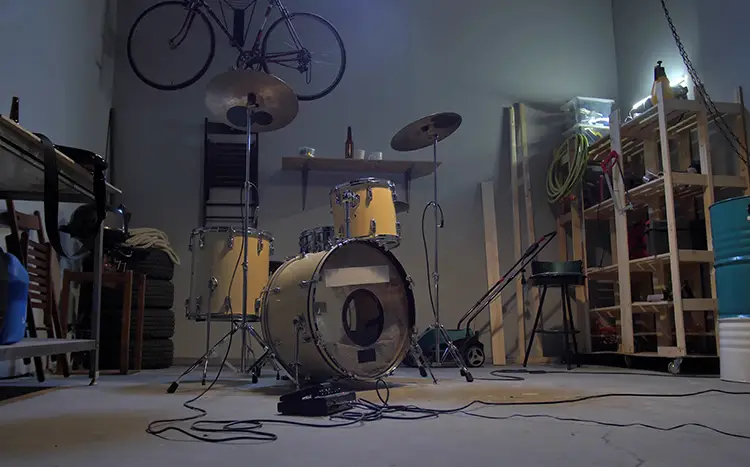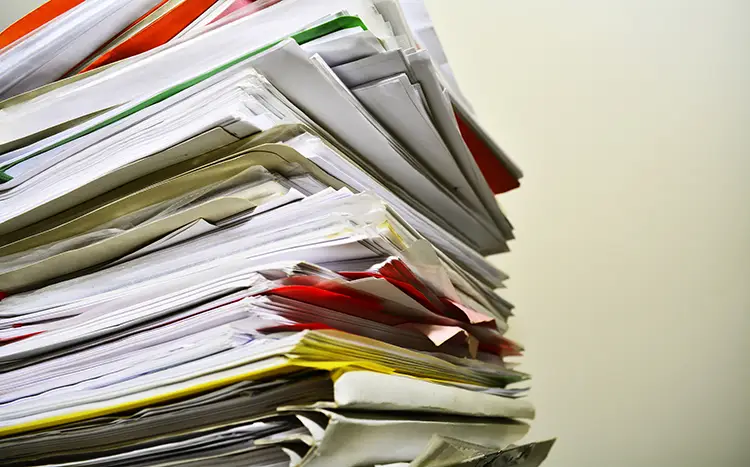What Not to Keep in the Garage During Winter
Published on January 16, 2024 | 3 Minute read

Melanie
Ortiz Reyes
Content Specialist
As winter blankets our surroundings in a layer of frost and snow, it's essential to prepare not only our homes but also our garage for the chilly season. The garage often serves as a catch-all storage space, but there are certain items that should never be left in this space during the winter months.
Electronics and Appliances
Extreme cold temperatures can wreak havoc on electronic devices and appliances. Leaving items like laptops, smartphones, or power tools in an unheated garage exposes them to the risk of damage. Cold temperatures can cause batteries to lose their charge more quickly, and sensitive electronic components may malfunction. Bring these items inside to maintain their functionality and prolong their lifespan.

Paint and Chemicals
Many household chemicals, including paint, pesticides, and cleaning supplies, are sensitive to temperature fluctuations. Freezing temperatures can alter the composition of these substances, rendering them ineffective or even hazardous. Store these items in a climate-controlled area to prevent potential spills or leaks that could result in dangerous situations.
Canned Food and Beverages
While it might be tempting to use the garage as an overflow pantry, canned food and beverages should never be stored in an unheated space during winter. Freezing temperatures can cause canned goods to expand and contract, potentially leading to spoilage or contamination. It's best to keep your food items in a consistently cool and dry environment inside your home.

Musical Instruments
Instruments such as guitars, pianos, and other string or woodwind instruments are susceptible to damage from extreme temperatures and humidity fluctuations. Cold air can cause wooden components to crack or warp, and strings may lose tension. To preserve the integrity of your musical instruments, keep them in a temperature-stable environment, ideally within the living areas of your home.
Tires
Leaving tires in the garage during the winter might seem harmless, but the cold can affect their performance. Fluctuations in temperature can lead to tire pressure changes, impacting your vehicle's handling and fuel efficiency. Store tires in a climate-controlled space or invest in tire covers to shield them from the harsh winter elements.

Paper and Documents
Important documents, books, or paperwork should not be left in the garage during winter. Cold and damp conditions can cause paper to become brittle, warp, or even develop mold. If you need extra storage space, consider using plastic bins to protect your documents from temperature-related damage.
As the winter months approach, taking the time to assess and organize your garage can save you from potential headaches down the road. By avoiding the storage of sensitive items like electronics, chemicals, canned food, musical instruments, tires, and paper in your garage during winter, you can ensure the longevity and functionality of your belongings. A little proactive care can go a long way in preserving your possessions and maintaining a well-organized and efficient storage space throughout the colder season.